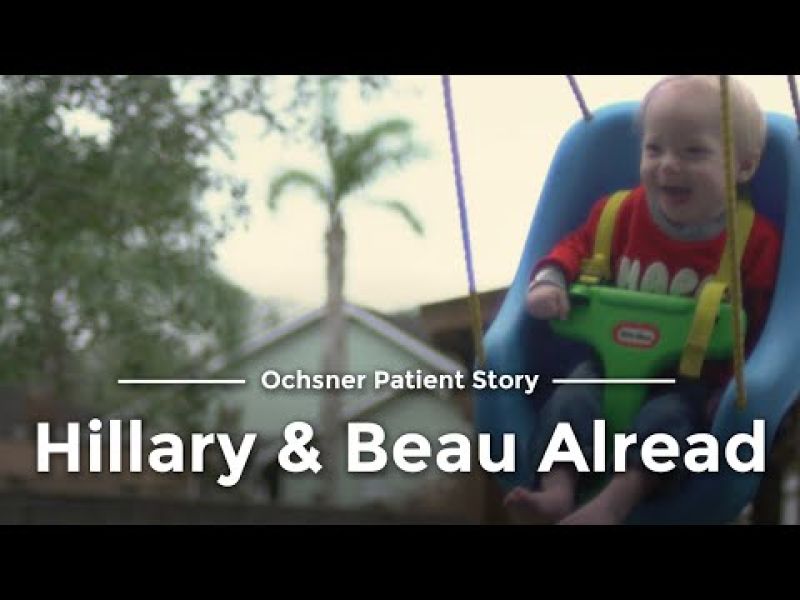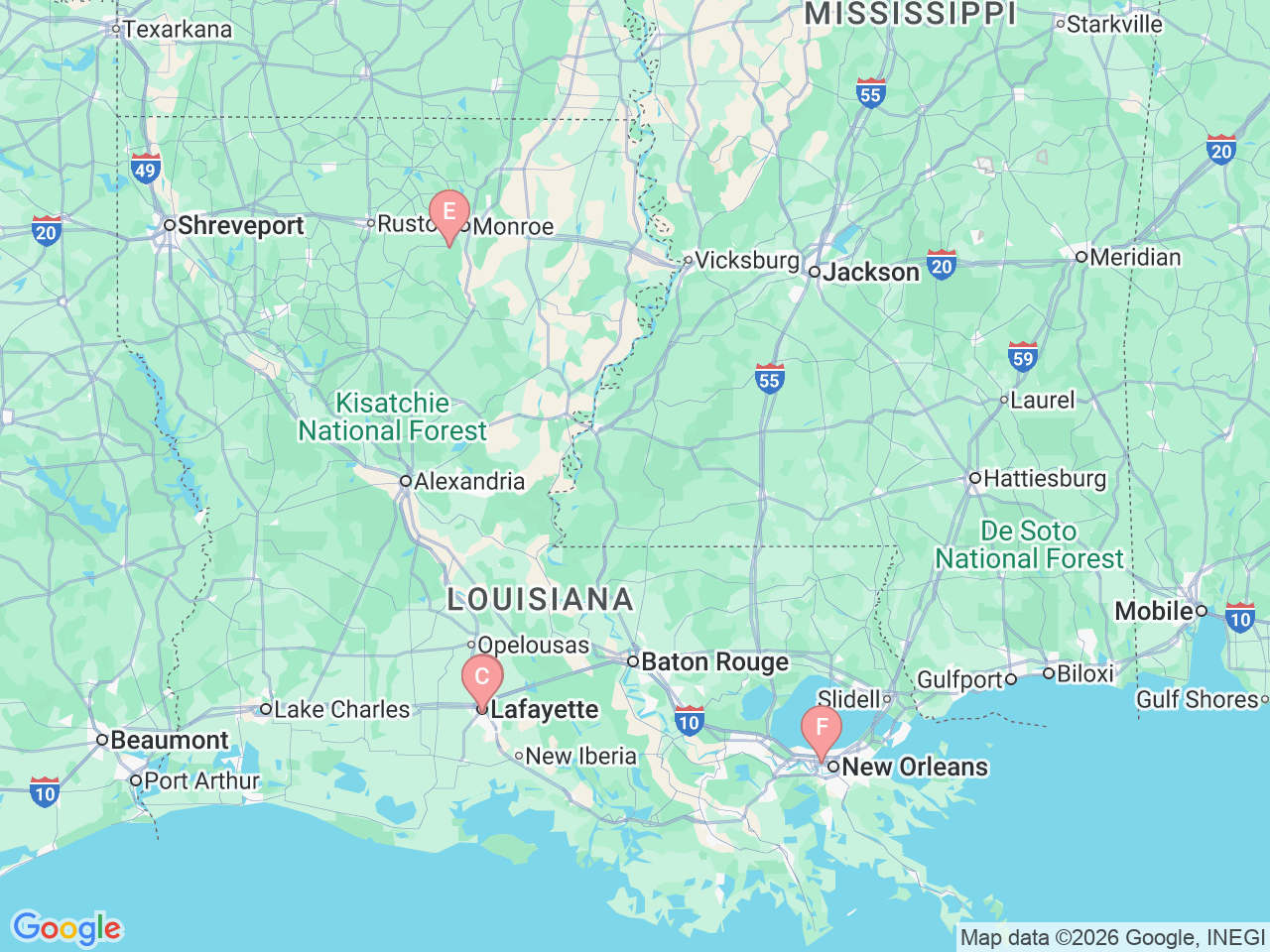Why Choose Ochsner for Care of Congenital Heart Disease in Adults?
Congenital heart disease is a heart disease you are born with – not something you acquire later in life. Many adults with congenital heart disease (ACHD) believe they've either outgrown their condition or were cured by treatment they received as a child. Studies show, however, that less than 30% of adults born with CHD are receiving the care they need from specialty ACHD programs. Patients who don’t receive monitoring in adulthood are at a higher risk for irregular heartbeats, blood clots, congestive heart failure and even sudden cardiac death. Congenital heart disease may adversely affect pregnancies or increase the risk of heart disease in offspring. Ochsner is the only program in the region treating adults with congenital heart patients in an adult setting.
Ochsner’s internationally renowned team includes advanced imaging specialists with expertise in CT scans, MRI scans and echocardiogram (ECHO - an ultrasound of the heart) as well as interventional cardiologists, cardiovascular surgeons, electrophysiologists, pulmonary hypertension specialists, geneticists and heart failure and transplant cardiologists, all with special knowledge about congenital heart disease. Our maternal-fetal medicine specialists have extensive experience caring for expectant mothers with congenital heart disease.
Over the years, we have become recognized as a referral center for complex patients with congenital heart defects. Our physicians hold additional board certification in adult congenital heart disease.
Keep in mind that adult congenital heart disease heart problems are different from “typical” adult heart problems. You need a team of cardiologists and doctors who specialize in adult congenital heart disease. Our dedicated professionals have made it their mission to provide elite level outcomes for every congenital heart disease patient. Learn more about our patients' high survival rates.
Ochsner is dedicated to providing a seamless approach to treating children and adults with congenital heart disease. Learn more about Ochsner's care of congenital heart disease in children.











-7abbbb2796.jpg)
-7abbbb2796.jpg)




